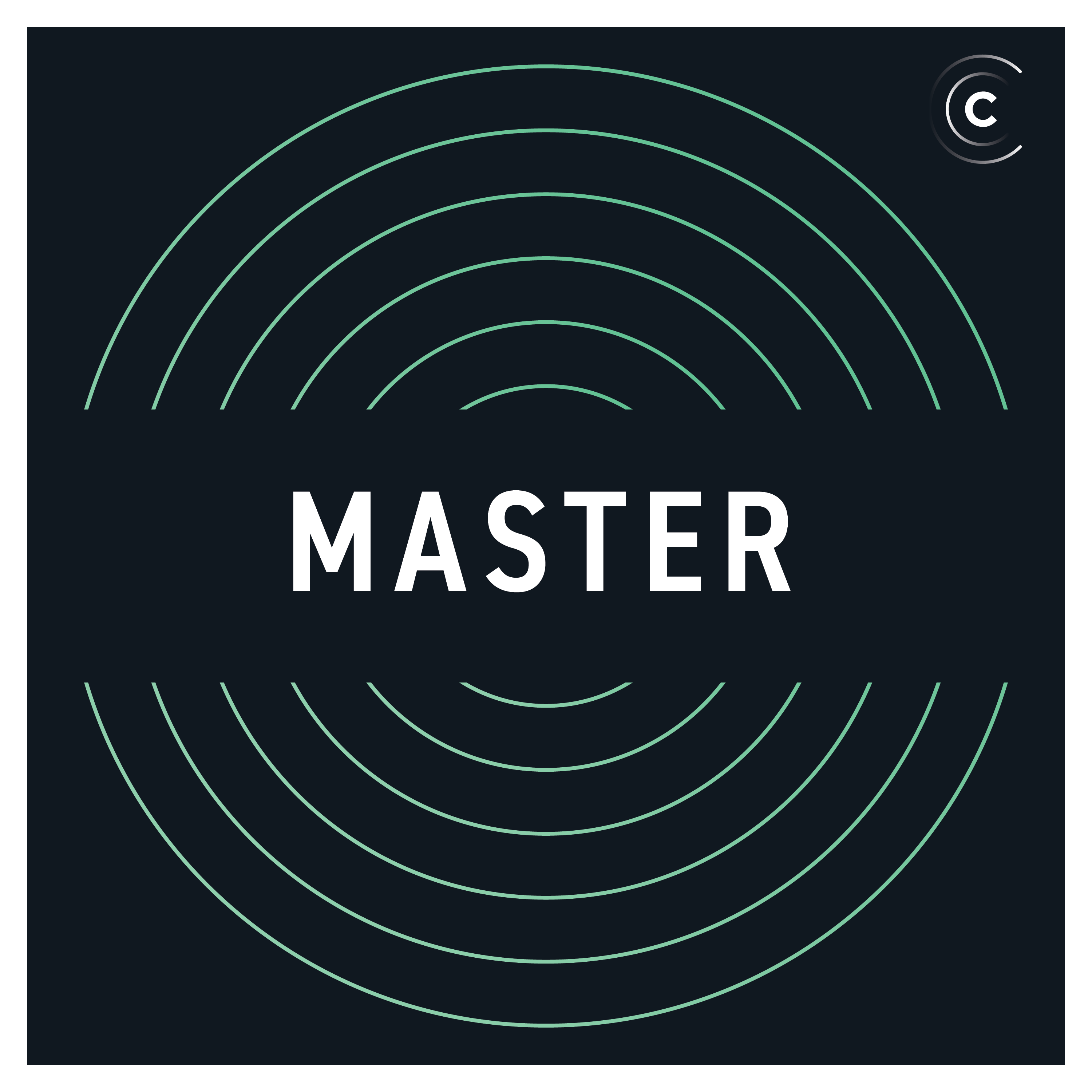

Changelog Master Feed
Changelog Media
Your one-stop shop for all Changelog podcasts. Weekly shows about software development, developer culture, open source, building startups, artificial intelligence, shipping code to production, and the people involved. Yes, we focus on the people. Everything else is an implementation detail.
Episodes
Mentioned books

Apr 16, 2024 • 39min
Udio & the age of multi-modal AI (Practical AI #265)
Discover the fascinating world of multi-modal AI as the hosts delve into Udio for music generation and compare it to traditional data modalities. Explore the impact of AI-generated music, legal implications, and personalized content experiences. Learn about the evolution of multi-modal AI models and practical applications in tasks like visual question answering and automated reasoning over images.

Apr 15, 2024 • 7min
Devin's Upwork "side hustle" exposed (Changelog News #90)
AI software engineer Devin's Upwork hustle exposed, Redka's Redis reimplemented with SQLite, OpenTofu responds to Hashicorp, Enhanced WASM and PumpkinOS updates announced.

Apr 13, 2024 • 1h 17min
More BMC goodness (Changelog & Friends #39)
Exploring the unique mix of the latest album with intentional choices and danceable tracks. Delving into technical aspects of music production, Tetris influence, and remix impact. Appreciating a guitar solo, favorite sci-fi films, and glitches in the Matrix. Discussing book inspiration, neurotypical conversations, and Drum and Space beat appreciation.

Apr 13, 2024 • 1h 14min
From Kubernetes to Nix (Ship It! #99)
From transitioning developer environments to using Nix instead of Kubernetes, the podcast explores challenges and benefits. They discuss operational complexity, customized Nix packages with overlays, and remote development environments using VS Code and other tools. The conversation touches on NASA moon car proposals, AI-generated code, and the humor of aging at events.

Apr 12, 2024 • 1h 44min
Replacing Git with Git (Changelog Interviews #586)
Co-founder of GitHub, Scott Chacon, talks about Git's history, open source licensing, and his Git Butler project. They address defining 'Open Source', FSL vs GPL, efficient workflow in Git, innovations in conflict resolution, small company advantages, open-source support, sustainability, and complexities of licensing.

Apr 11, 2024 • 55min
Off to see the Wiz (JS Party #318)
Google teams merge Angular and Wiz frameworks, discussing the benefit of combining ideas. Focus on Wiz's history, deferrable views, and efficient code loading. Clerk's polished UIs and user management platform revolutionize authentication experience. Explore React-style programming model in Wiz and Angular's migration path for high performance development.

4 snips
Apr 10, 2024 • 48min
RAG continues to rise (Practical AI #264)
Daniel & Chris chat with 'the funniest guy in AI', Demetrios Brinkmann, discussing results of the MLOps Community survey and the upcoming AI Quality Conference. Topics include RAG models, generative AI workloads, transformer architecture, and neuromorphic computing.

Apr 9, 2024 • 44min
Ship software, not code (Go Time #311)
Brazil-based software developer Carlos Becker discusses the joy sparked by GOOS and GOARCH, transitioning to Go, multi-platform deployment with TinyGo, efficiency and challenges in Go programming, comparing Go to other languages for infrastructure as code, and exploring Go for MLOps.

Apr 8, 2024 • 9min
HashiCorp strikes back (Changelog News #89)
HashiCorp clashes with OpenTofu over code infringement, Polar offers a Patreon-like platform for software creators, HuggingFace releases Common Corpus of LLM data, and Loki aids in fact verification. Plus, insights on NATS.io simplifying microservices

Apr 7, 2024 • 1h 14min
Deploying projects vs products (Ship It! #98)
Verónica López, Kubernetes SIG Release tech lead & distributed systems engineer, discusses deploying services at scale with topics like blue-green, red-black, canary deployments, feature flagging, A/B testing. They also touch on release engineering, software maintenance challenges, Kubernetes deployment obstacles, and software deployment strategies like blue-green, red-black, canary deployments.


